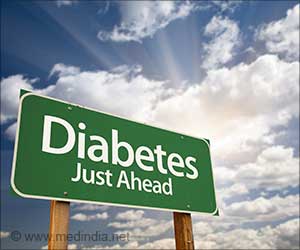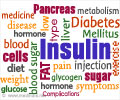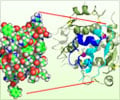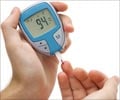Diabetic Diet - Diabetes Mellitus
Diabetes mellitus is a metabolic hormonal disorder. It is caused when the hormone "insulin" produced by the pancreas starts playing truant in the body. The two major forms of diabetes are type 1(previously called insulin-dependent diabetes mellitus (IDDM) or juvenile-onset diabetes) and type 2 (previously called non insulin-dependent diabetes mellitus(NIDDM) or maturity-onset diabetes). Both diabetes type 1 and type 2 share one central feature- elevated blood sugar (glucose) levels due to absolute or relative insufficiencies of insulin.
Diet in combination with insulin doses or with oral hypoglycemic drugs plays a significant role in controlling diabetes. Although eating right is important, it does not mean that one has to give up sweets entirely. Being advised the diabetic diet is nothing to be afraid of. It is neither a torture nor a nightmare; it can be a pleasure as well as an innovative journey.

The main objective of a diabetic diet plan is to maintain ideal body weight, by providing adequate nutrition along with normal blood sugar levels. The diet most often recommended is high in dietary fiber (especially soluble fiber) and nutrients, but low in fat (especially saturated fat) and moderate in calories.There is no common diet that works for everyone.
Overall, a nutrition plan for a person with diabetes includes 10-20% of calories from protein, no more than 30% of calories from fats (with no more than 10% from saturated fats), and the remaining 50-60%from carbohydrates.
A diabetic diet plan also recommends eating regular small meals, up to 6 per day. Aim for moderate and consistent portion sizes for each meal or snack. Do not skip breakfast.























